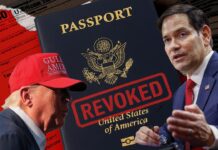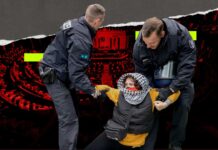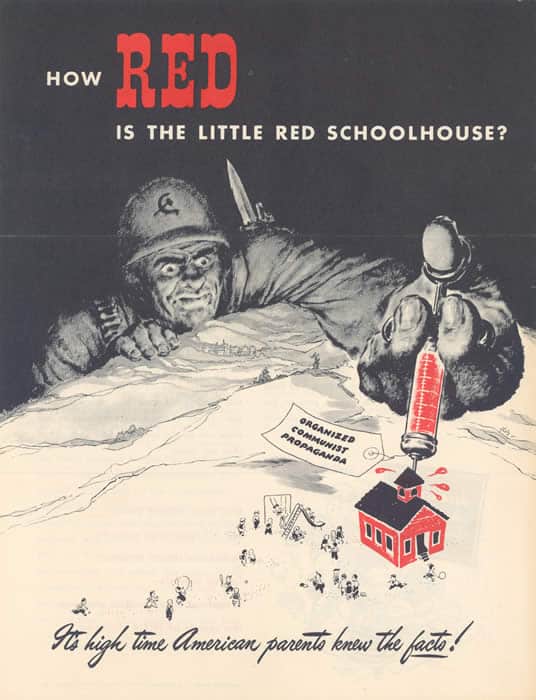
I am honored to have the chance to relate in English for a journal with a substantial readership the story of what happened to me as a professor at the University of Illinois, Urbana-Champaign between 2000 and 2004. My story provides some insights into the establishment of a military government in the United States at that time which is not available elsewhere.
At the same time, I am saddened that I must relate this story myself and I regret that, over the last 25 years, the only places in which parts of this story have been published have been in Korean and Japanese. I am thankful that some truth tellers like Hrvoje Morić, Richard Gage, Richard Moore, and David Iorlano have given me the opportunity to discuss my story on their broadcasts.
I believe that one reason for the silence about my case is that the true story of the struggle to restore the rule of law in the United States after the catastrophic 2000 election has yet to be told; as far as even the alternative media are concerned, the events central to my experience never happened and, thus my story cannot be told. For this reason, I cannot tell the truth without upsetting the established narratives promoted by those who brand themselves as “truth tellers.”
I started my career as an assistant professor of Asian Studies at the University of Illinois, Urbana-Champaign in 1998. Although I was trained in classical Chinese and Japanese literature at Yale and Harvard, it did not take long for me to figure out that, although my department was starved for funds, there was remarkable scholarly activity, and plentiful funding, available in the School of Engineering at the University of Illinois. Illinois was top five in computer science at the time and boasted a center for supercomputing that was unrivaled.
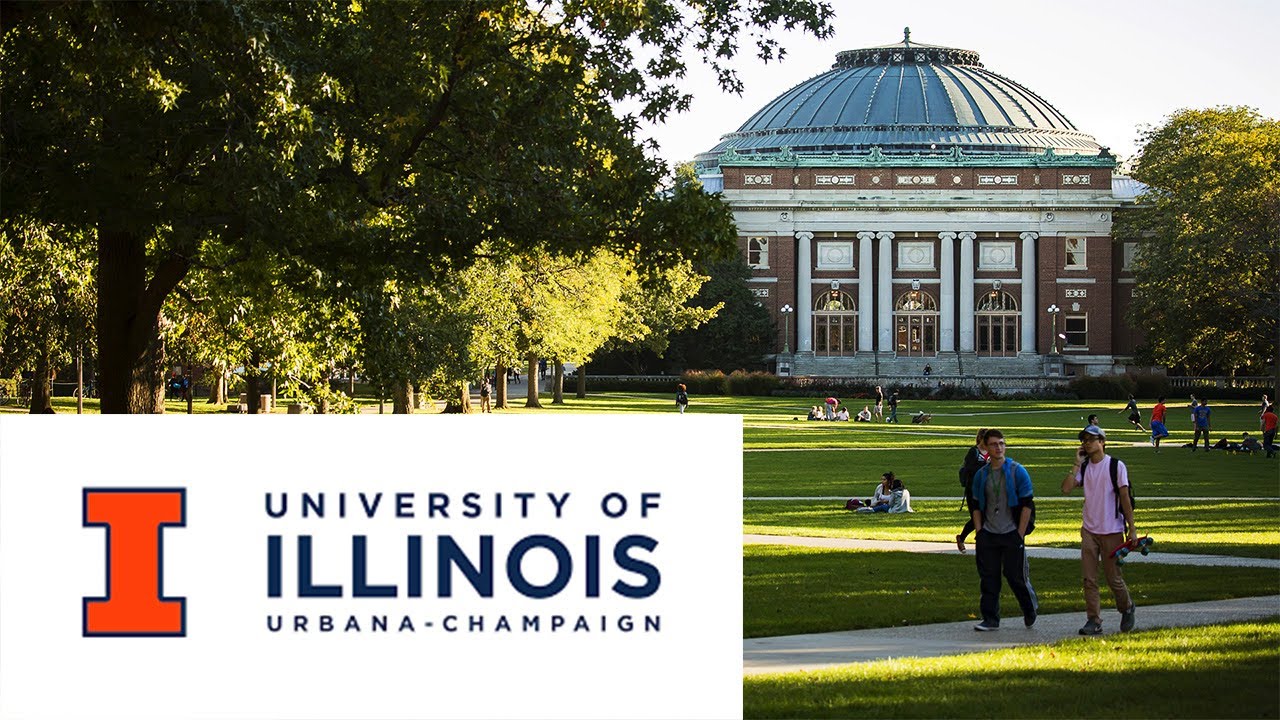
The internet was just starting to take off in 1999, and the importance of Asia in technology became manifest to administrators. I reached out to professors in engineering and computer science, offering to help them to set up joint research projects in Asia. As an American fluent in Chinese, Japanese and, Korean I could effectively build bridges in a manner that no one else could.
Although my field was literature, I had had a keen interest in science from high school and enjoyed working with scientists and engineers. That was all the more so in light of the potential for a revolution in education via the internet. I was delighted that these projects allowed me to use Chinese, Japanese and Korean in conversations with professors on the other side of the world on a regular basis.
I made a proposal in April 2000 for internet-based joint instruction and research among the University of Illinois, University of Tokyo, Seoul National University and Peking University. At first it seemed like an impossibility for the University of Illinois, as those were the top universities in Asia and they thought of themselves as the peers of Harvard. But I knew some of the administrators personally and I wrote about the concept in Chinese, Japanese and Korean in a manner that addressed the specific needs of each university. The University of Illinois had unparalleled programs for distance learning in rural communities that offered know-how that could not be found at other universities at that time. The proposal was welcomed in Asia and I was able to raise significant funding for a trip to Asia to discuss the details of the program.
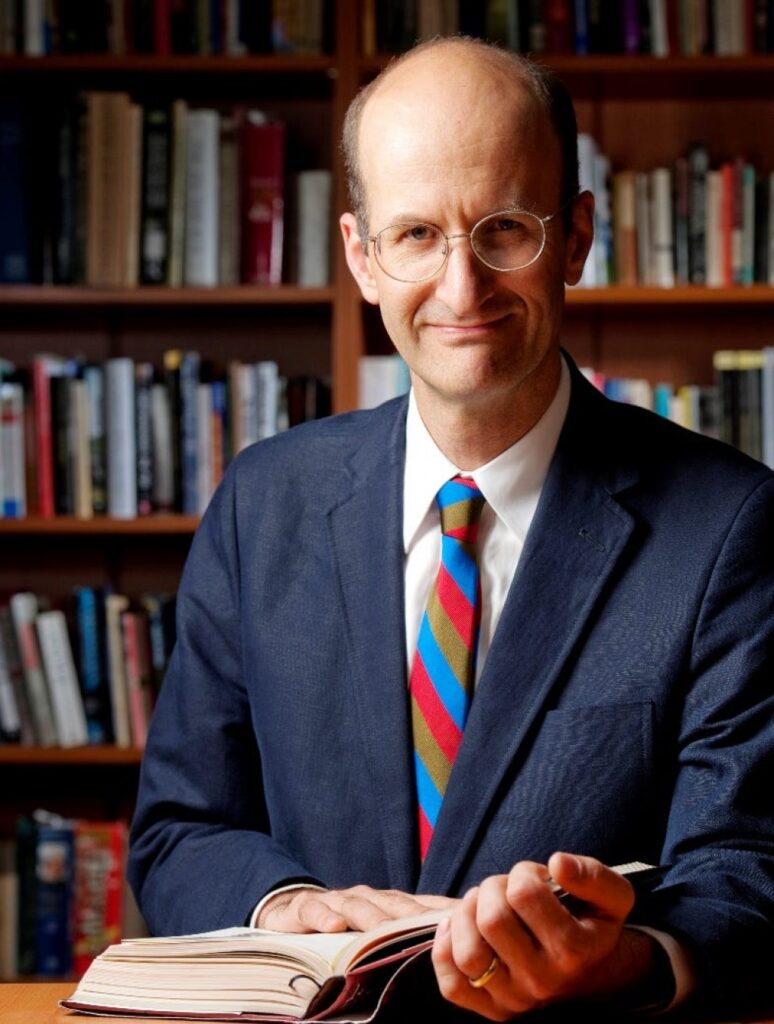
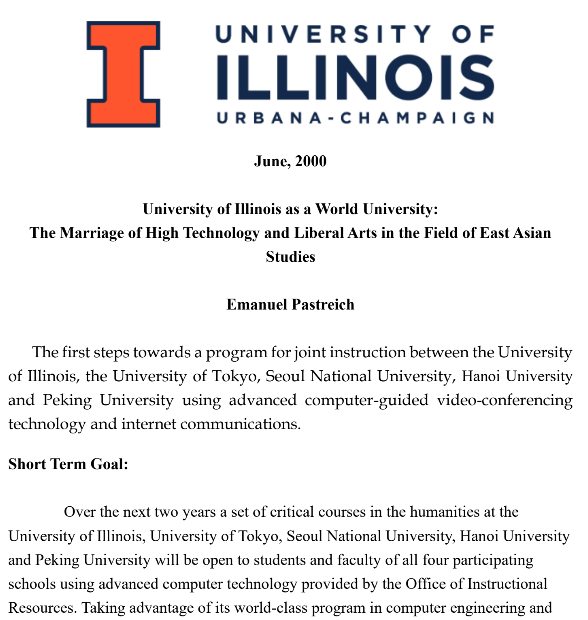
My trip to Seoul National University, Peking University and Tokyo University in July 2000 was successful and the responses of the top administrators I spoke with to the concrete plans for shared instruction were enthusiastic.
When I returned to the University of Illinois to discuss implementation of the plan, however, I discovered that no one at the University of Illinois wanted to meet with me to discuss the proposals that they had been so enthusiastic about just a few weeks previously. Something was profoundly wrong.
It did occur to me that there might have been a backlash from powerful forces in the military who opposed peaceful cooperation with Asia, but I dismissed that idea as unlikely, given how smoothly the process had gone. I assumed that my dean must be jealous of my breakthrough, or that there might be a dispute between the College of Liberal Arts and Sciences and the School of Engineering concerning implementation.
But, of course, subsequent events revealed that my initial hunch was correct. More specifically, I had stepped on the toes of three powerful groups without even realizing it.
The vision for America’s future that I presented in my proposal assumed that America’s future was with Asia and that we should cooperate with our peers in Asia, rather than prepare for war with a threatening and alien Asia. The wording made sense to ordinary Americans in Illinois, but it was a direct threat to the military contractors and investment banks which were making a fortune from the sales of weapons.
North Korea was the major threat at the time and my suggestion that integration and cooperation in Northeast Asia could lead to a constructive Korean unification was unacceptable.
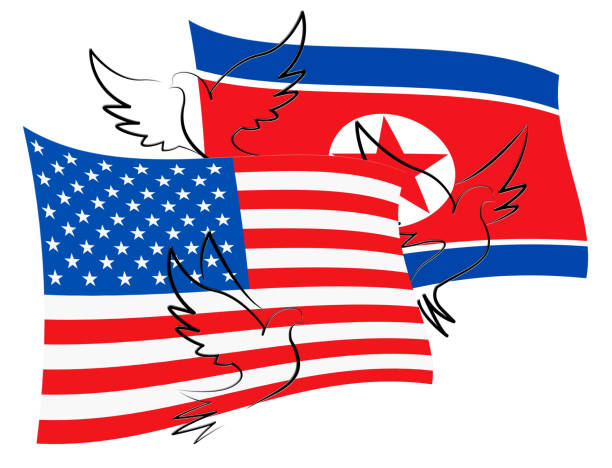
My proposal for internet-based joint education and research included a suggestion that an Asian economic integration was possible and that the United States, China, Japan and a Unified Korea could come together in a manner that paralleled the European Union.
For me to say these things over drinks with a few friends would have been harmless, but my writings in Korean, Chinese and Japanese were read widely by influential figures in those three countries—having immense, if invisible, impact in the summer of 2000.
The impact was all the greater because the Clinton administration at that very moment was taking the first steps toward normalizing relations with North Korea. The decision to invite Korean and Chinese representatives to the G8 Summit in Okinawa (July 21-23), which also included Russia, symbolized that move. That G8 Summit took place precisely at the time I was visiting South Korea and China.
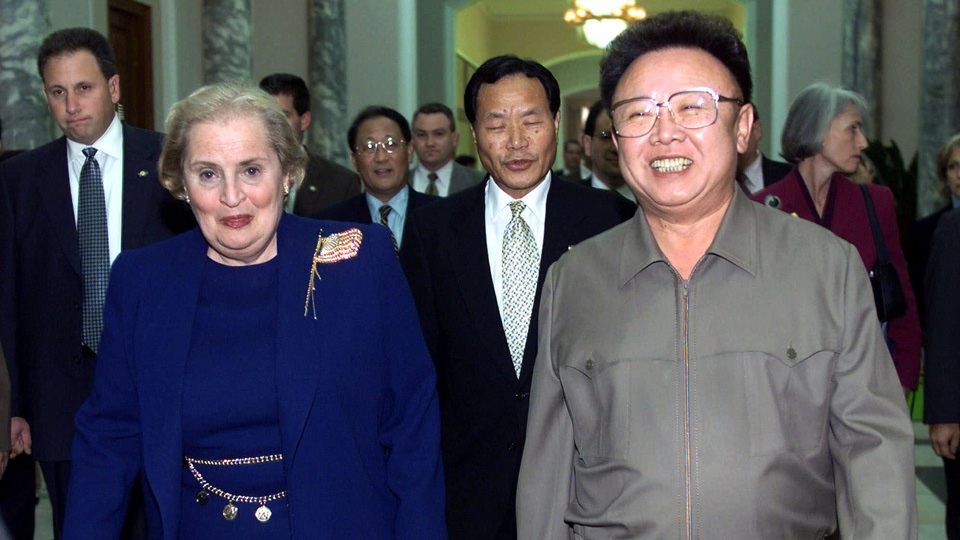
There were forces, immediately present in rural Illinois, which embraced a vision of America as a Christian and white nation which was threatened by foreign influences, and argued that the most dangerous and alien of them all was Asia.
They put immense pressure on the University of Illinois (of which I was entirely unaware at the time) to make sure that Asian Studies remained marginal and that, although some cooperation with Asia was possible, it could never be equal to that with Britain, France, Israel or other “Western” nations. They felt deeply threatened by my suggestions that Illinois’ future was with Asia.
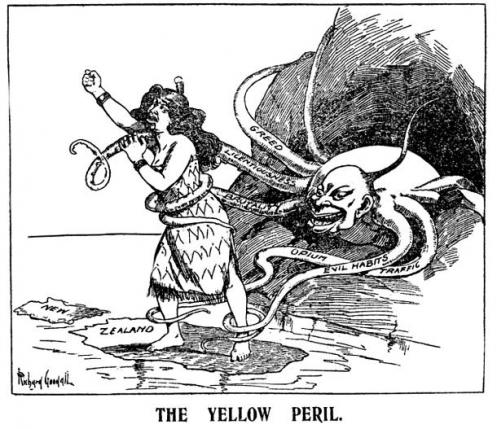
Finally, there were the financial interests, the banks that backed the emerging IT firms that became the PayPal mafia (LinkedIn, Palantir Technologies, SpaceX, YouTube, Yelp, and Yammer) and the Google, Facebook, Microsoft, Meta, Apple and Amazon monopolies. These forces saw the internet revolution taking place in 2000 as an opportunity to generate massive profits, and to do so by controlling all information through for-profit search engines, for-profit cloud servers, for-profit online learning, and for-profit social networks. These financial forces could not permit a model for the use of the internet such as that detailed in my proposal, one that was non-profit in nature, administered by teachers, and participatory rather than a for-pay service.
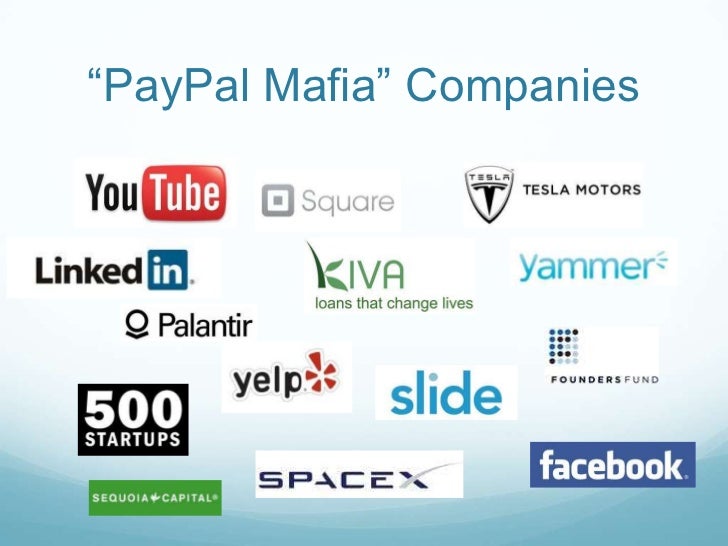
A full-fledged SAP (special access program) run by the CIA and Air Force was launched in May or June, 2000 to monitor me and to set up subtle roadblocks to discourage me and undermine the project. Based on the abrupt change in attitude toward my proposal shown by my department head, Jerry Packard, and my associate dean, Charles Stewart, just before my trip to Asia, it is likely that they were given direct orders to discourage me. But the support in Asia was too massive for them to completely suppress my trip—which also had considerable support at the university.
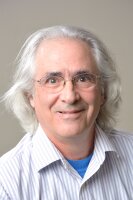
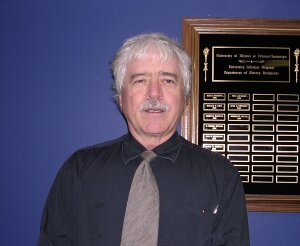
The unexpected hostility to the plan after my return could not be explained by simple bureaucratic jealousy or narrow-mindedness. And the sudden lack of enthusiasm at the University of Illinois was in marked contrast to the enthusiasm for the proposal in Seoul, Beijing and Tokyo on the part of professors there who even launched their own video-conference seminars.
The campaign to isolate me at the University of Illinois, with most of the faculty who had been so enthusiastic not answering my emails at all, or suddenly becoming too busy to meet with me, ran parallel to the growing authoritarian politics in the United States in the months leading up to the 2000 election.
When my vision for cooperation with Asia became popular despite the efforts to marginalize me, the next step was to circulate rumors that I was suffering from mental illness. My department head told colleagues that I imagined the entire project and that it had never been serious—in spite of extensive correspondence with Provost Richard Herman on the topic. Others said, I would learn later, that I had alienated my department with my “aggressive” and “irrational” behavior—including threats.
When the Bush family used the Supreme Court as a sock puppet to declare that it had won an election that it clearly had lost, and then had to use the military and intelligence to suppress protests and take control of the federal government in December 2020, things became far more ominous and it was clear that the tensions I could feel had nothing to do with turf wars at the university.
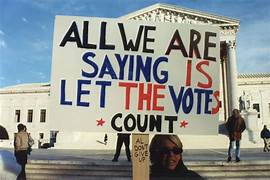
I was also transformed by what I witnessed. I started writing about the illegal takeover of the government by the Bush regime, and explained in detail what was happening to friends in Asia—when there was a total news blackout concerning the election at home. That infuriated those forces hostile to me.
The final straw for the military-industrial complex came when I published an article in a Chinese newspaper in February, 2001 (breaking out of the ban on my publishing in the U.S.) that advocated for peaceful engagement in Asia and the reunification of the Korean Peninsula.
The next day, odd characters stalked me, wandering around my house day and night, starting to repair the roof, and making threatening comments to me. I was told later that orders were given at that time that I was to be “suicided” as an example—but it is difficult to be certain as to whether that was a serious plan or a scare tactic.
The university made the decision that I would be placed on permanent disability for mental illness. By that time, I was cut off from everyone and subject to constant death threats.
When the university had me report to the local hospital, I felt I had no choice. The doctor read to me a diagnosis of schizophrenia he had drafted before I arrived; no medical tests were conducted, or even an MRI taken when I was told my mental illness was due to a brain tumor. The doctor presented me with forms to sign that declared me mentally incompetent.
A strange thing happened when I met with the same doctor, Dr. Joseph Alper, the next week. Dr. Alper expressed absolutely no interest in my health. Instead, he asked my opinions on geopolitical issues, and he requested that I write a report concerning critical security issues for the United States.
It became clear that I was talking with factions within the government opposed to the Bush administration through the medium of the doctor. They had stepped in to protect me, perhaps because they supported my argument for cooperation with Asia, but they also wanted my advice.
I was spending my days at home with my wife, reading books and writing emails in April 2001 when another subterranean battle broke out in Washington, D.C. The factions in the military and the CIA which had managed to resist the Bush takeover, working under the protection of Secretary of State Colin Powell, and director of the CIA George Tenet, refused to go along with the final push of the Bush administration for a complete takeover.
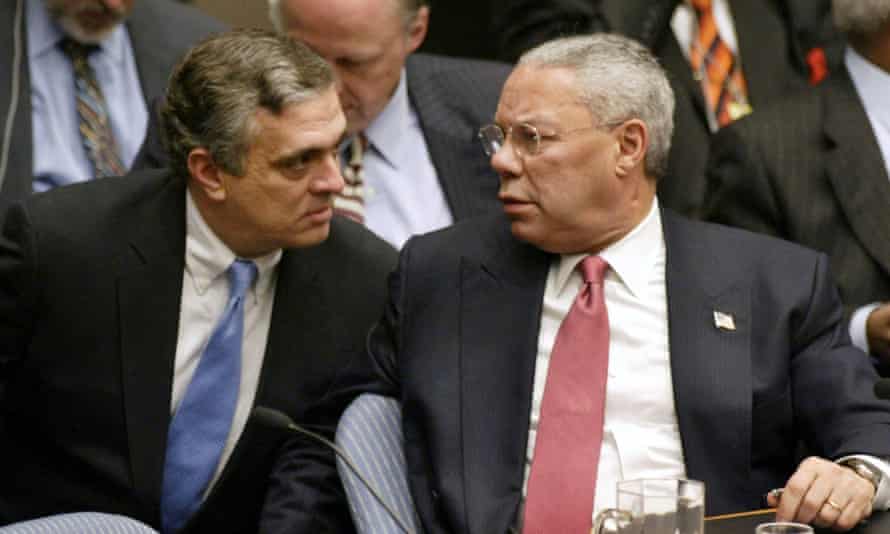
Although Powell and Tenet are rightly criticized for their lies about Iraq before the invasion, they also protected those in opposition to the Bush regime. Cheney and Rumsfeld never wanted them in positions of authority and they probably opposed their appointments in the first place but factions resisting the takeover forced Bush to appoint them.
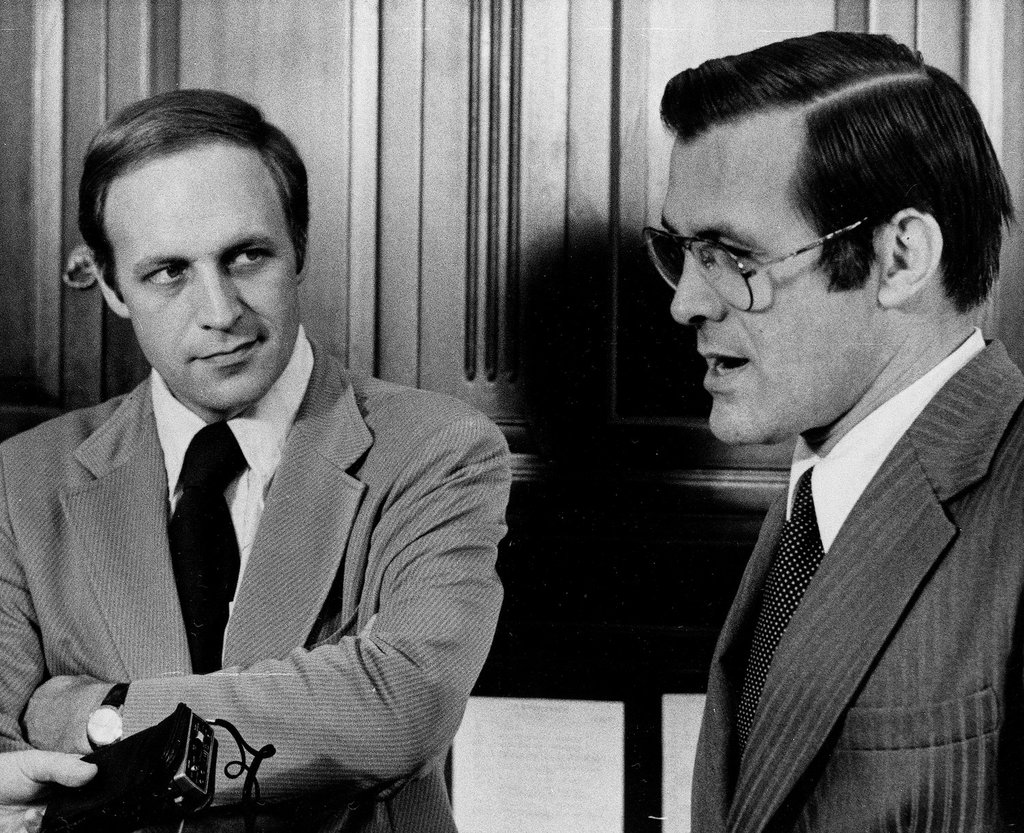
The conversation with these hidden forces through the medium of the doctor became much more serious. We started talking about organizing effective resistance and it was no joke.
The question was, how do we pull together what would become an effective provisional government to oppose the Bush regime. The process was rather sophisticated.
I have never seen a description of that life-and-death battle to keep control of those parts of the government and military in the hands of accountable civil servants, and out of the hands of the wealthy elites running the Bush regime, described anywhere in the alternative media.
The movie A Beautiful Mind, however, features several scenes that depict quite accurately what happened to me after I was dismissed from the University of Illinois for mental illness but continued to work with the opposition to the Bush administration. The hidden conflict described in that movie—which is about people who suffer from mental illness—was quite similar to what took place in the United States between 2001 and 2004.
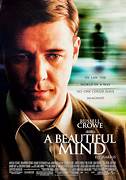
The increasing effectiveness of organized resistance within the government drove the Bush administration to seek out allies around the world and that led them into the arms of extreme factions within Israel’s Mossad.
Together, they appear to have orchestrated and helped manipulate the 9/11 terrorist attacks, rammed through the USA PATRIOT Act that ended civil liberties, and took steps that permanently suppressed organized opposition in the United States under a military regime. So proud are Americans, however, that few are willing to admit the U.S. has been a military regime for the last 25 years.
The Bush regime responded to the rebellion in the federal government by creating an invisible empire run by multinational IT corporations, what would become the Google, Facebook, Amazon, Meta and Oracle cartel, and specifically the private intelligence empire embodied by Palantir.

In the summer of 2002, I was at last permitted to have an affiliation with the university again, but my position was at the Arms Control, Disarmament and International Security Program and not my department. Oddly, I was permitted to meet with military officers but prohibited from speaking with my own students.
I had a chance to play a role in the resistance to the build-up for war with Iraq that was planned by the Bush administration in 2002, including the open revolt of the military against the final orders to launch the invasion in February 2003.
That resistance reached its peak in the dramatic week before the bombing of Iraq commenced, a period during which the army refused to follow the orders of the Secretary of Defense to invade and factions in intelligence released materials that completely discredited the entire drive for war. That crucial battle of resistance also has never been examined by the alternative media.
I was allowed to start teaching my classes in the spring of 2004, but I also had to keep meeting the doctor as well—even if we never discussed anything medical.
When the 2004 election ended in a debacle, and pro-Bush operatives stepped in to shut down an election that John Kerry appears to have won,[1] all of my defenders in government, especially those around Colin Powell, were swept out. Most of them I never knew personally.

I was denied tenure by a faculty committee for lack of academic productivity and applied for hundreds of jobs at universities, think tanks, companies, and even secretarial jobs. Almost none of the organizations I applied to ever responded to my application.
The only organization that responded positively to my application was the Foreign Broadcast Information Service (FBIS) which happily offered me a position as a Japanese analyst in open intelligence. The FBIS represented a more progressive and intellectual part of the CIA. That offer demonstrated most clearly that the only institution with factions capable of resisting Bush was the CIA.
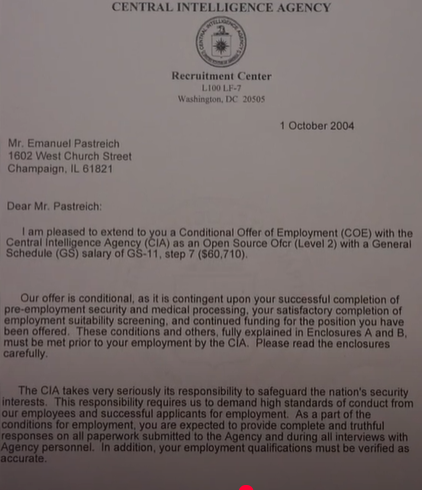
That tentative offer, however, did not help at the time. I was unemployed, broke and had no future in Illinois. My wife and I packed our two kids into the car, put essential goods in a rented trailer, and drove to Washington, D.C., where we stayed with my wife’s sister for three weeks. I thought I had a better chance of finding work in D.C. than in rural Illinois and, perhaps, just maybe, the CIA job offer would work out.
Ultimately, however, I received a letter from the CIA rejecting the conditional offer without explanation a few weeks after we arrived in D.C.
Seeing that long-term unemployment was a distinct possibility, I used the last of my money to send my wife and children to live with my in-laws in Korea. I lived in a small room in the attic of my cousin’s home on an absolute minimum amount of money.
Over the next two months, I met hundreds of people and asked them for any possibility of work, even part-time work. But there was no job offer, not for translation, or even temporary clerical work.
Then, out of the blue, I was invited to speak at a seminar on Korean diplomacy at the Dirksen Senate Office Building on February 24. There I was, an unemployed academic without a home, giving a presentation on Korean diplomacy alongside government officials like Evans Revere, the Acting Assistant Secretary of State for East Asian and Pacific Affairs.
A Korean foreign correspondent, Kuk Ki-yeon of the Segye Ilbo newspaper, attended the event, expressed great enthusiasm for my talk, and invited me to lunch the following day. He was shocked to learn I was unemployed and he promised that he would meet with newly appointed South Korean Ambassador Hong Seok-hyun the next day and ask if I could be given some work.
Hong—who was forced to resign his position after seven months becase of accusations of having received illicit political donations—had a Ph.D. from Stanford and he was sympathetic when he heard the details of my case. He promised Kuk that he would do his best to find some sort of employment for me.
It appears that Hong, and perhaps the Roh Moo-Hyun administration, negotiated with the Bush administration arranging for me to work at the Korean Embassy (which under extraterritoriality conventions did not count as working in the United States). I was not required to actually live in the embassy.
I spent two years working at a low-paying job at the Korean Culture Center of the South Korean Embassy where I helped diplomats prepare for meetings with Bush administration bureaucrats, edited articles and postings for the embassy website, and organized cultural events like Kimchi Day.
It became clear, however, that it was impossible to find any work in the United States and that I would most likely lose that position as soon as President Roh Moo-Hyun left office in 2008. A Korean government official was able to find me a job as a lecturer at Woosong University in Daejeon, South Korea. I moved there with my family in February 2007 and I started my career all over. I worked desperately to improve my Korean reading and writing.
I spent a total of 15 years in South Korea, working as a lecturer, a professor, an author and, later, as an adviser to various politicians.
Although I had greater opportunities in Korea than I would have had in the U.S., I remained a non-investigative subject [an individual illegally entered in the Terrorist Screening Database (TSDB) so as to restrict my actions]. I was not able to find employment in the United States again, and my work in Japan too has been restricted.
To give an example of how my status as a non-investigative subject impacts my activities, I was officially registered as a candidate for president in 2023 in the Green Party U.S. and obtained considerable support during that period. I ran against Cornel West; we were the only two official candidates in the Green Party until both of us dropped out in October.
Not a single media outlet in the United States, including the alternative media, mentioned that I was a candidate running against Cornel West, even after I delivered numerous speeches that were widely read in Global Research and elsewhere. The Green Party itself never acknowledged my existence either, acting as if Cornel West was the only candidate.
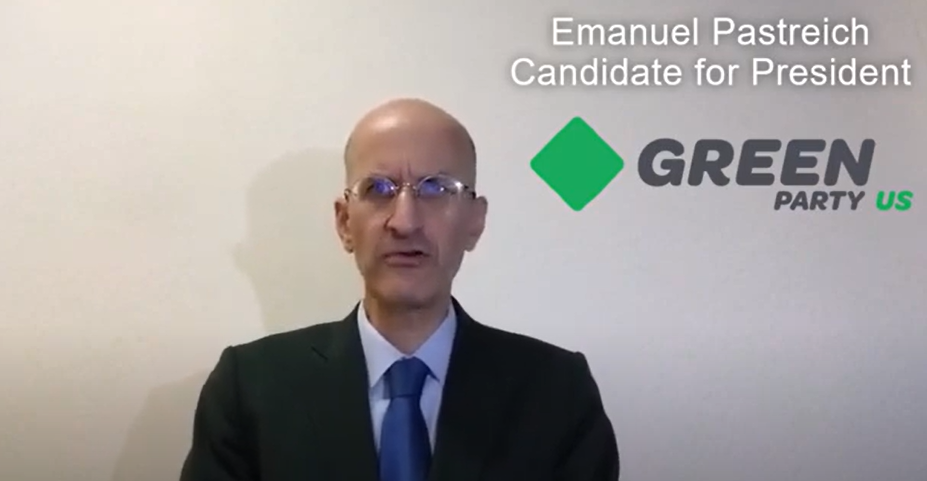
I do not blame the Green Party, but rather the various classified directives that block organizations in the United States from hiring me, engaging me, or even mentioning my name.
I hope that the publication of this article, which is the first of its kind, will start a larger debate in the United States, and around the world, about what actually happened in the United States between 2000 and 2004 and about people like me who are subject to special access programs; for some reason, those denouncing the oppression of Assange and Snowden are silent about those campaigns.
APPENDIX
There is no controversy concerning the events I have related here. There could be considerable debate concerning the true significance of the events I was involved in and the actions taken against me. Multiple interpretations are possible, and much of the evidence has never even been discussed, let alone examined. I welcome an open debate.
The problem is, rather, that no one has ever demanded an investigation into, or a debate on, my political persecution—and that includes the entire alternative media, and all the truth tellers and whistleblowers. The problem is not that people deny the veracity of my claims, but rather that they refuse to discuss the topic.
I asked six lawyers over 15 years to simply tell me what laws had been broken by those carrying out this campaign. All of them refused to engage in a conversation with me about the topic.
My book Wrestling with Shadows (which can be downloaded here) gives a more detailed account of my experiences in the United States (and in Korea). Some of the incidents described are documented, and others could be easily proven if anyone were willing to make the effort.
This short video “Wrestling with Shadows” gives a concise history of my case:

For evidence of this, see Craig Ungar, Boss Rove: Inside Karl Rove’s Secret Kingdom of Power (New York: Scribner, 2012). Ungar focuses on vote rigging in the state of Ohio, which was decisive to Bush’s election victory. ↑
CovertAction Magazine is made possible by subscriptions, orders and donations from readers like you.
Blow the Whistle on U.S. Imperialism
Click the whistle and donate
When you donate to CovertAction Magazine, you are supporting investigative journalism. Your contributions go directly to supporting the development, production, editing, and dissemination of the Magazine.
CovertAction Magazine does not receive corporate or government sponsorship. Yet, we hold a steadfast commitment to providing compensation for writers, editorial and technical support. Your support helps facilitate this compensation as well as increase the caliber of this work.
Please make a donation by clicking on the donate logo above and enter the amount and your credit or debit card information.
CovertAction Institute, Inc. (CAI) is a 501(c)(3) non-profit organization and your gift is tax-deductible for federal income purposes. CAI’s tax-exempt ID number is 87-2461683.
We sincerely thank you for your support.
Disclaimer: The contents of this article are the sole responsibility of the author(s). CovertAction Institute, Inc. (CAI), including its Board of Directors (BD), Editorial Board (EB), Advisory Board (AB), staff, volunteers and its projects (including CovertAction Magazine) are not responsible for any inaccurate or incorrect statement in this article. This article also does not necessarily represent the views the BD, the EB, the AB, staff, volunteers, or any members of its projects.
Differing viewpoints: CAM publishes articles with differing viewpoints in an effort to nurture vibrant debate and thoughtful critical analysis. Feel free to comment on the articles in the comment section and/or send your letters to the Editors, which we will publish in the Letters column.
Copyrighted Material: This web site may contain copyrighted material the use of which has not always been specifically authorized by the copyright owner. As a not-for-profit charitable organization incorporated in the State of New York, we are making such material available in an effort to advance the understanding of humanity’s problems and hopefully to help find solutions for those problems. We believe this constitutes a ‘fair use’ of any such copyrighted material as provided for in section 107 of the US Copyright Law. You can read more about ‘fair use’ and US Copyright Law at the Legal Information Institute of Cornell Law School.
Republishing: CovertAction Magazine (CAM) grants permission to cross-post CAM articles on not-for-profit community internet sites as long as the source is acknowledged together with a hyperlink to the original CovertAction Magazine article. Also, kindly let us know at info@CovertActionMagazine.com. For publication of CAM articles in print or other forms including commercial internet sites, contact: info@CovertActionMagazine.com.
By using this site, you agree to these terms above.
About the Author
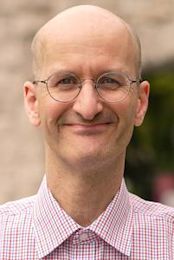
Emanuel Pastreich is an independent candidate for president of the U.S.
He has a Ph.D. from Harvard University and author of twelve books, many on Northeast Asian history and politics.
Emanuel can be reached at epastreich@protonmail.com.

